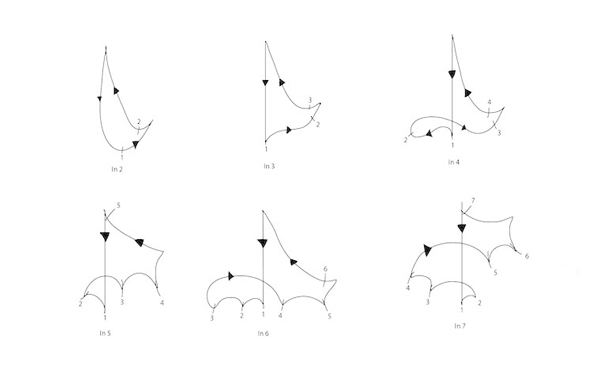Taras Kutsenko, Professor of the Conservatory of Music of Zhangjiajie Academy, Music Director and Principal Conductor of the Zhangjiajie Philharmonic Orchestra of Hunan Province, China.
e-mail: terryheimat@gmail.com
e-mail: terryheimat@gmail.com
INTRODUCTION
Preparation, education and training of conductors is perhaps the youngest subject in our modern understanding, although, of course, it has its own centuries-old prehistory. Conducting at different stages of development has undergone all sorts of changes until it acquired its modern form.
Although many works devoted to the issues of conducting have been published recently (monographs on prominent conductors, textbooks, manuals, various articles, etc.
Speaking about the methodology of mastering any specialty, we take into account the fact that there is an unlimited range of activities that a teacher can apply in his work. In each case, the teacher must take into account the level of professional training of the student, his abilities, his general and musical development, and at the same time - the degree of complexity of the work being studied in terms of its musical content and its technical implementation in conducting. The ultimate goal of the teacher, his main task is to educate a conductor - a musician who would meet the high requirements of modern mastery of this art.
In the process of formation of the conductor's artistic personality, an important role is played by the formation of his worldview, the continuous growth of knowledge in the field of philosophy, aesthetics, history and other arts. Therefore, during the training period, any discipline included in the curriculum is no less important for the conductor than the specialty. A thorough study of all musical and general subjects will complement and consolidate the knowledge gained in the conducting class and create a basis for the development of a general and musical outlook.
The range of tasks facing the teacher-educator is extremely wide. Ideological and educational work requires special attention in the educational process.
Preparation, education and training of conductors is perhaps the youngest subject in our modern understanding, although, of course, it has its own centuries-old prehistory. Conducting at different stages of development has undergone all sorts of changes until it acquired its modern form.
Although many works devoted to the issues of conducting have been published recently (monographs on prominent conductors, textbooks, manuals, various articles, etc.
Speaking about the methodology of mastering any specialty, we take into account the fact that there is an unlimited range of activities that a teacher can apply in his work. In each case, the teacher must take into account the level of professional training of the student, his abilities, his general and musical development, and at the same time - the degree of complexity of the work being studied in terms of its musical content and its technical implementation in conducting. The ultimate goal of the teacher, his main task is to educate a conductor - a musician who would meet the high requirements of modern mastery of this art.
In the process of formation of the conductor's artistic personality, an important role is played by the formation of his worldview, the continuous growth of knowledge in the field of philosophy, aesthetics, history and other arts. Therefore, during the training period, any discipline included in the curriculum is no less important for the conductor than the specialty. A thorough study of all musical and general subjects will complement and consolidate the knowledge gained in the conducting class and create a basis for the development of a general and musical outlook.
The range of tasks facing the teacher-educator is extremely wide. Ideological and educational work requires special attention in the educational process.





